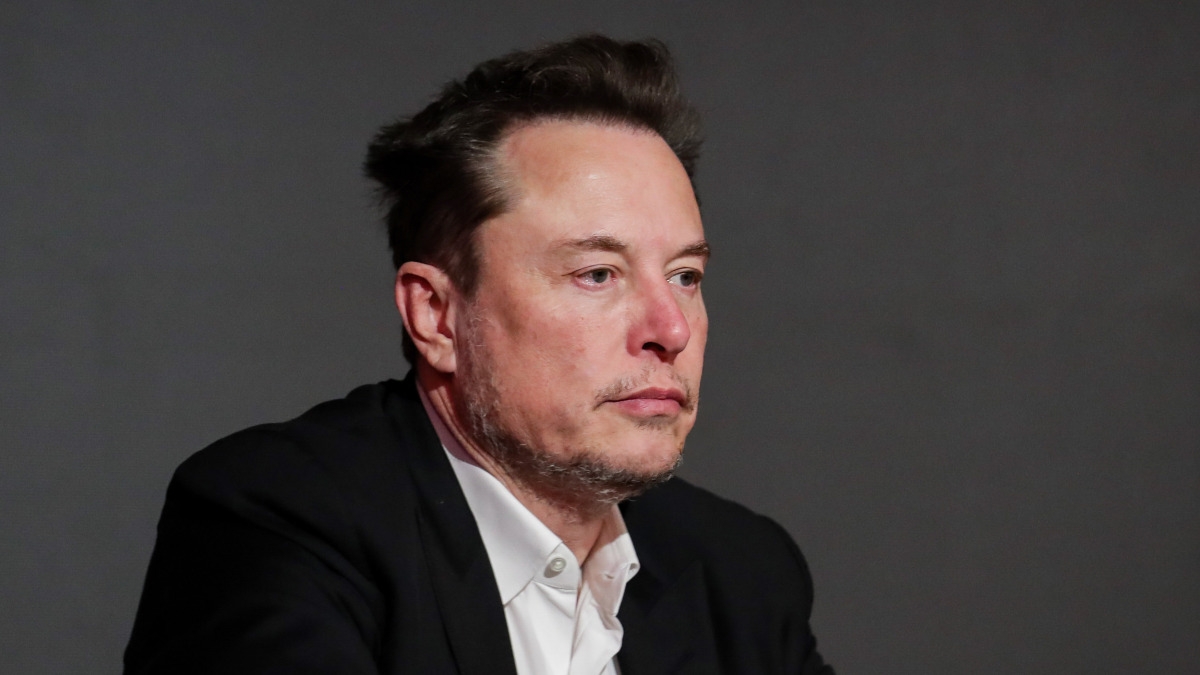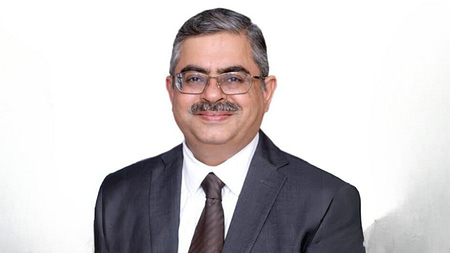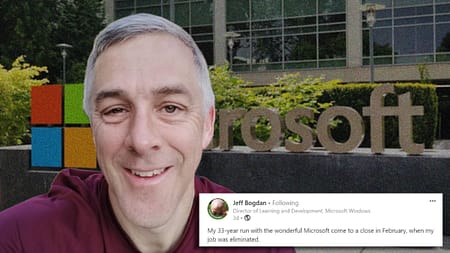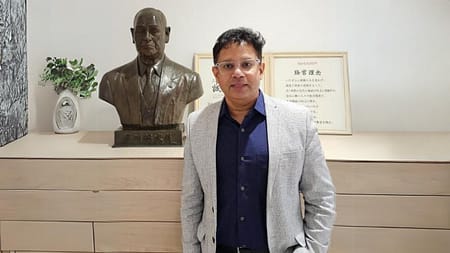Dr. Preet Pal Thakur, Co-founder GlamyoHealth, said, “Healthcare, for obvious reasons, is likely to be the sector of focus in this financial budget. As a Health-tech startup focused on elective surgeries, I would wish that the GST on Health insurance premiums be removed – a step that will accelerate the insurance penetration in masses and remove inequity in healthcare access. Specifically for the startup ecosystem, I would request the honourable finance minister to tax the ESOPs only at the exercise. There is still some ambiguity. It will help startups like Glamyo Health to hire and retain good quality talent as we scale this year to 40 plus cities in India.”
Mr. Archit Garg, Co-founder of Glamyo Health, said, “The pandemic has unravelled the gaps in the Indian healthcare system. However, new and innovative solutions have come up with the startups coming into the picture. The way RBI treated NBFCs and fintech as its extended arms to penetrate deeper into the system, the Indian government can consider healthcare startups as its aide to serve the common people in tier 2 and tier 3, thus strengthening the healthcare ecosystem in India. Besides, new programs like Unified Health Interface shall further help transparency and affordability in Health Treatments. We expect a continued allocation towards healthcare startups and financial support for better customer adoption.”
Mr. Krishna Veer Singh, Co-Founder and CEO, Lissun, said, “Fair and impartial digital focus on healthcare is need of the hour. We hope the government allocates more funds to health tech, enabling even the rural population to fall under its ambit. Owing to India’s young people, SaaS is maturing, and health-tech would help stabilize the shortage of medical workforce in the country. More budget in health-tech would also make it a lucrative space for investments and startups, allowing the government to achieve its aim of 1:1000 doctor/patient ratio by 2024, which is a WHO-recommended norm. Besides, the pandemic has taught us that creating home care health infrastructure is an absolute necessity. Investment in health tech can bridge this long and short-term industry gap.
Moreover, we have seen mental health cases rise in the past year. However, insurers in India seldom offer policies that cover non-hospitalization treatments or OPD reimbursements. It means that unless mentally ailing patients get hospitalized, they won’t be eligible for coverage. Insurance covers, thus, naturally exclude therapy and psychiatric counselling coverages. IRDA should push for OPD reimbursements for psychology therapy and counselling.









